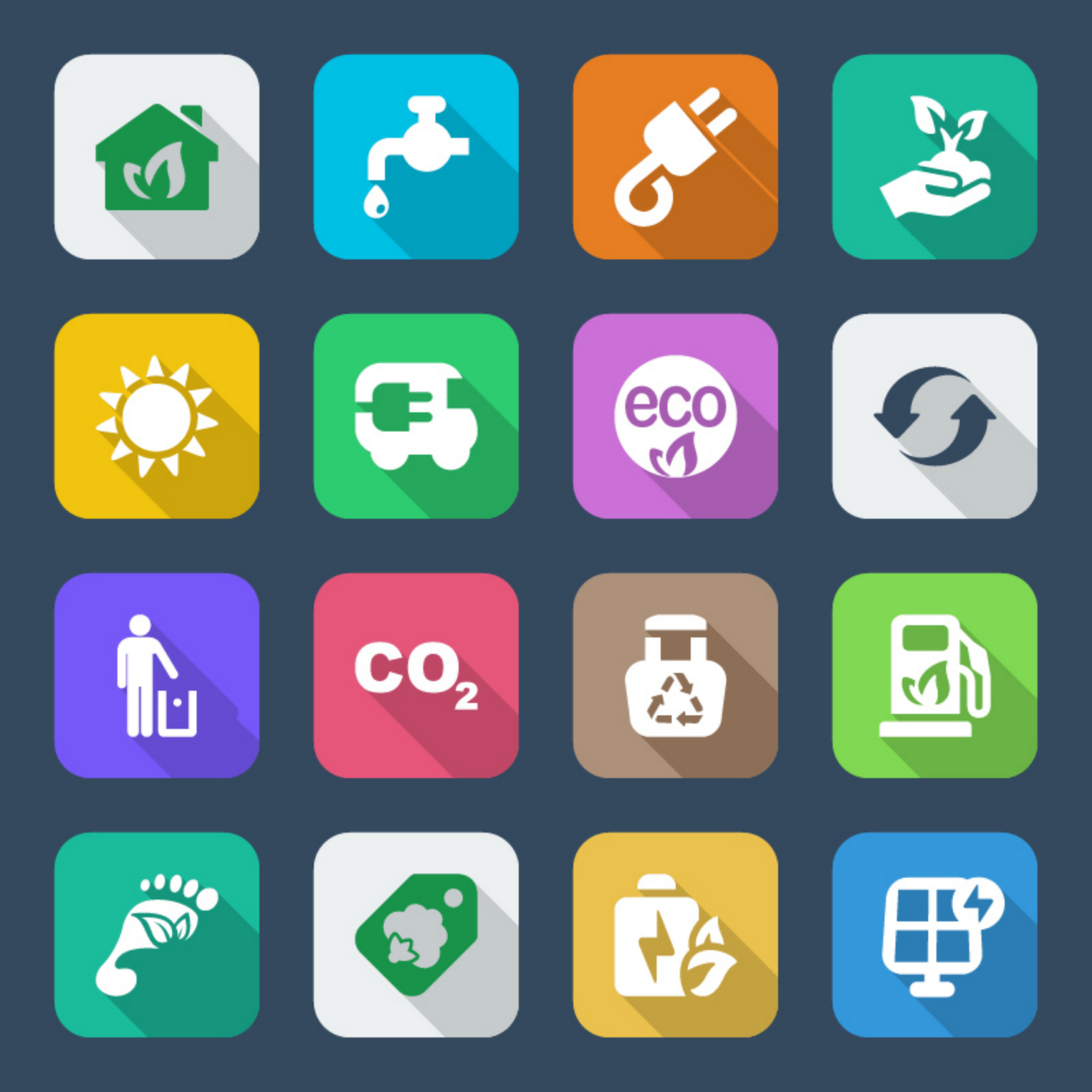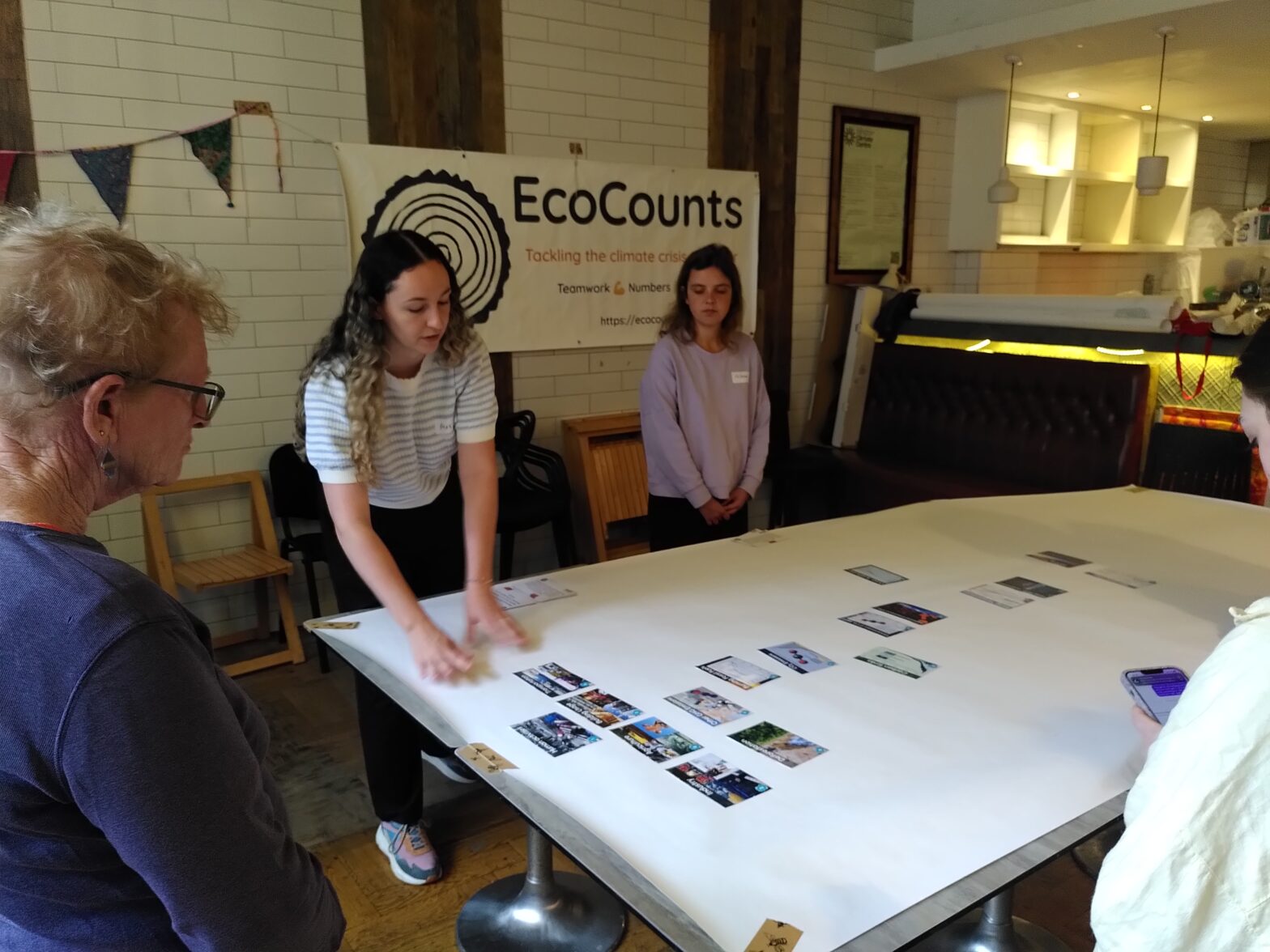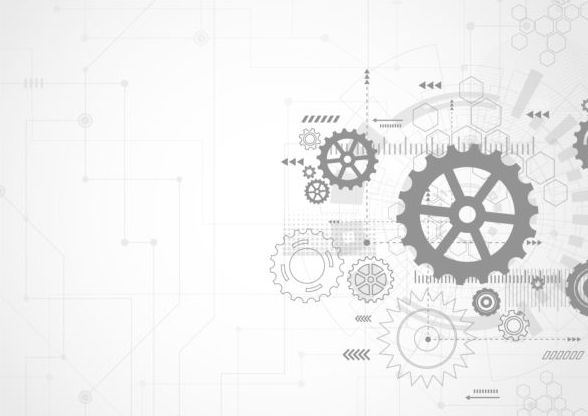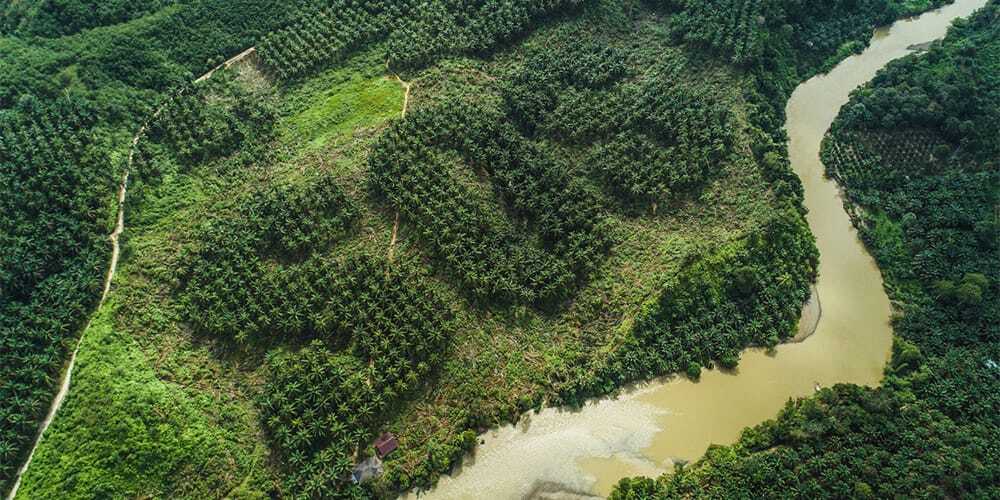Borrowing makes sense: save the investment in money and the CO2 emissions simultaneously at a London Library of Things. Our local LoTs: There was a LoT in Islington on Seven…
Author: Adam Hardy
Zoologist at heart. Environmentalist by necessity. Stage hand, financial trader, secretary, card payments designer, software developer, fossil fuel big data warehouse consultant. Amateur psychologist. Now climate change salvage engineer.
June 4th Fresk Workshop
This time the workshop was disrupted by the fire alarms in the Angel Central shopping mall going off, which meant we had to evacuate half-way through and ended up doing…
Keeping your Home Cool in Heatwaves
Following up on a previous post, there are quite a few things you can do to keep your home cool during a heatwave. Of course if you have fans or…
Exciting Ecological Economics
The dismal science no more! With an election coming up here in the UK, we should bear in mind how many voices are saying that mainstream economic theory is horrendously…
Palm Oil
Analysis paralysis in the palm oil industry. Palm oil is grown in the Tropics on land cleared from the rainforests. It is contained in 50% of all products consumed in…
Some of the Better Headlines
Negative news headlines have dominated over the last few weeks and the usual doses of “stubborn optimism” and “reasons to be cheerful” didn’t exactly hit the spot last week, so…
Lawns, grass and nature
Everyone loves a nice lawn but in the 21st Century, lots of us are seriously worried about the carnage beyond our gardens and what we can do to help nature…
Contact Us
Please either drop us or fill in the form to send us a message:
Pot Plants for Insects
Honeybees, mining bees, bumblebees, hoverflies, butterflies and moths all need our help. Grow these pollen and nectar-rich herbs: Try these flowering pot plants: but forget about verbena, pelargoniums and fuchsias…
Link Tree
EcoCounts eco-tips and local posts: https://ecocounts.community/newsfeed/ EcoCore policy, economics, carbon currency posts: https://ecocore.org/newsfeed/ EcoCounts & EcoCore newsletters subscribe page: https://ecocounts.community/subscribe/ Patreon donation subscription page: https://www.patreon.com/join/ecocore Discussion board: https://forum.ecocounts.community/ EcoCounts wiki:…









